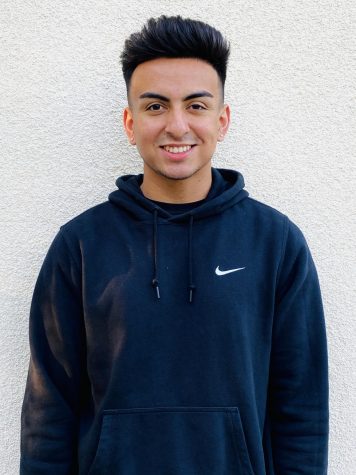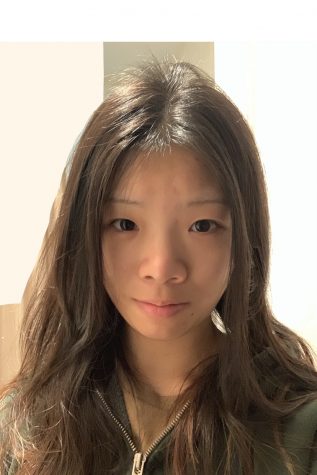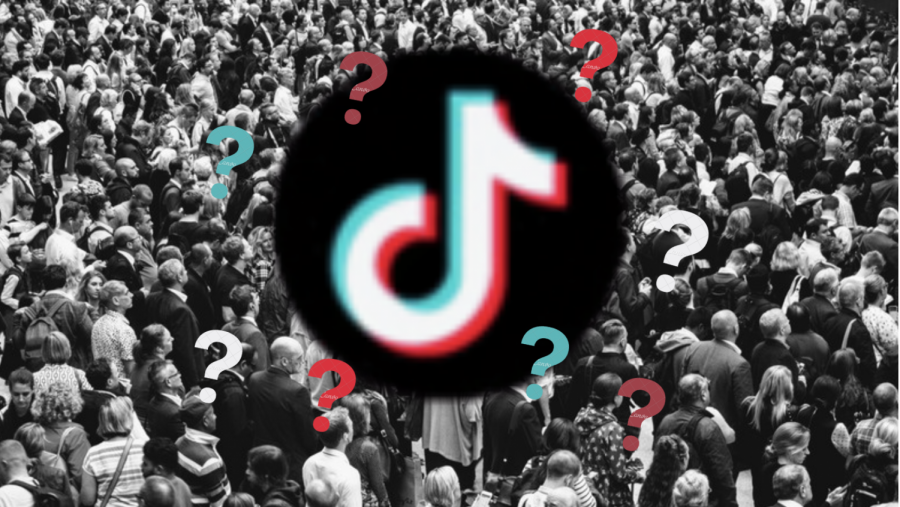Tiktok’s cultural impact: thoughts from De Anza College students
Background photo courtesy of Rob Curran on Unsplash
To pass the time in quarantine, De Anza College students have downloaded TikTok, an app they consider the center of pop culture — but with mixed feelings on its future impact.
The app has been around since 2016 but received a huge amount of attention at the beginning of 2020. Part of this growth can be attributed to the pandemic that forced the nation into lockdown.
“I was addicted to TikTok during the beginning of quarantine [because] there wasn’t anything to do at home,” said Ariel Mendez, 19, psychology major. “I’d be on [it] all day.”
Mendez wasn’t the only one who started watching TikTok out of quarantine boredom. So did Kim Lopatin.
“I downloaded it because it was trending and I was bored,” said Lopatin, 21, business management major.
Social connections also helped drive the app.
Camila Santana, 20, psychology major, said she downloaded the app because of her friends, calling it “addicting and entertaining.”
The app specializes in 30-second to two-minute videos on life hacks, health tips, dances and comedy — a diverse range of appeal.
“TikTok has had a very positive impact on society and our culture,” Mendez said. “It’s a platform that has helped educate younger generations [about] what’s going on in the world.”
She referenced the way the app spread information about Black Lives Matter protests last summer.
“It [spreads] awareness on certain world issues such as police brutality and racism,” she added.
Others believe that the app has negative consequences, like how much time it consumes.
“It’s become too popular,” Santana said. “Many users spend a majority of their time on it.”
Santana linked TikTok to Vine, saying that the popularity of the platform is only temporary.
“There’s been previous apps that TikTok is similar to and they’ve all gotten replaced,” Santana said.
Lopatin disagrees.
“Unlike other short-lived platforms, TikTok is here to stay,” Lopatin said. “It’s something we’ve never seen before.”

My goal is to improve my writing and reporting in order to inform my peers and readers in a clear and descriptive way. I want people to look forward to...

My goals are to become familiar with journalistic writing/researching at La Voz and eventually pursue a journalism career.



